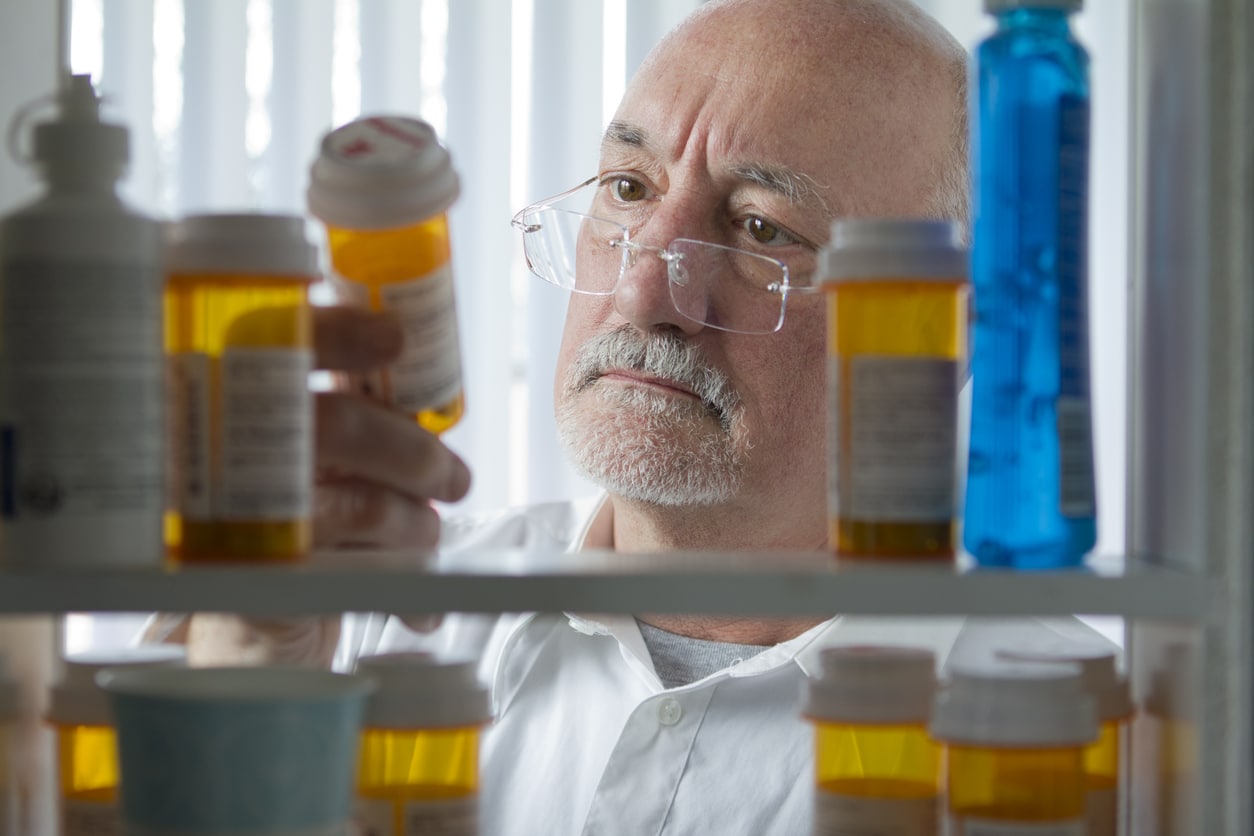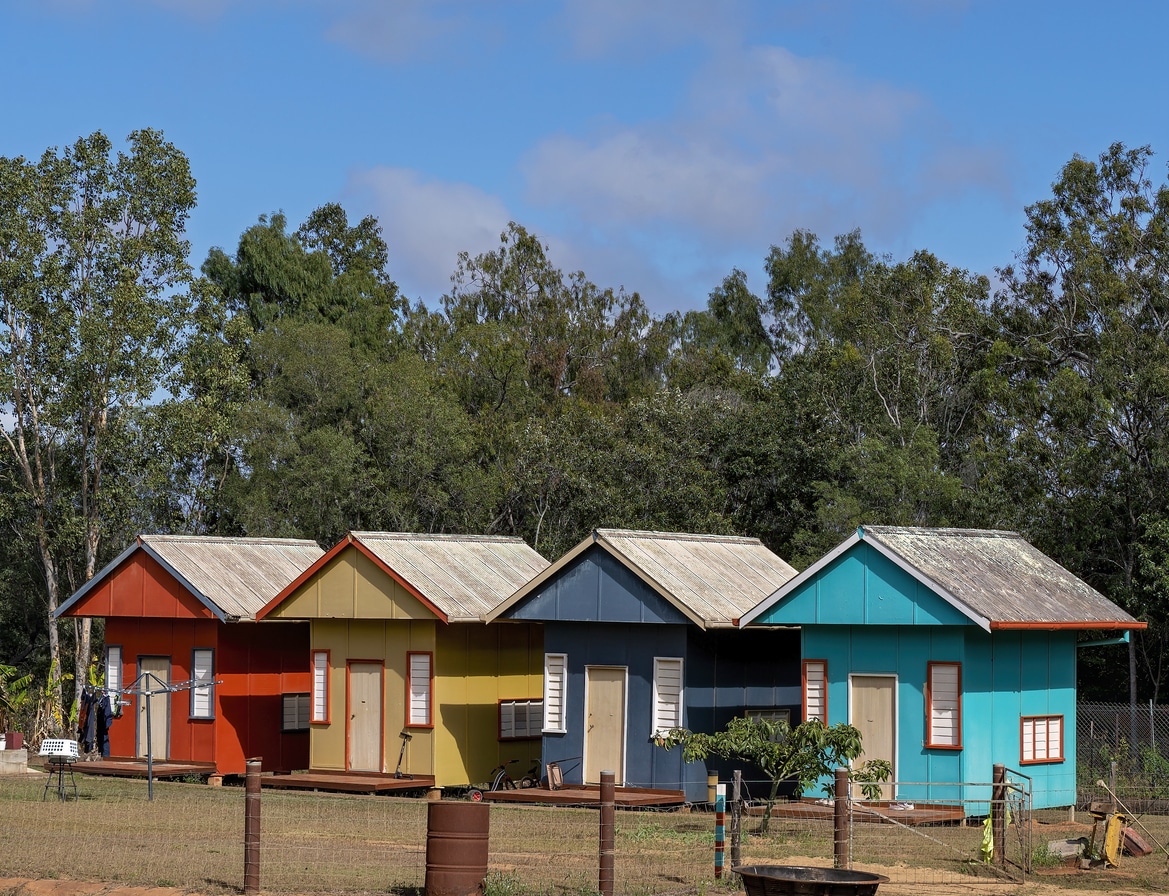
How to Clean out Your Medicine Cabinet Sustainably
One of the biggest parts of living a sustainable lifestyle is being intentional about how you clean and dispose of the things you use. Although the goal is zero-waste, some areas, like your medicine cabinet, can be a little more challenging, especially if you take regular prescription medications or require certain drugs to support your health. You’ll be glad to know you can keep your health at the forefront while helping the environment. Here’s how to clean out your medicine cabinet sustainably.
The Importance of Knowing How to Dispose of Medications and Drugs
Improper disposal presents multiple risks, such as superbugs that can resist antibiotics and environmental contamination affecting soil and waterways. Considering pharmaceutical drugs are one of the largest contributors to greenhouse gas emissions, knowing how to dispose of medicine safely and sustainably is vital.
Participate in a Drug Take-Back
If you can wait to dispose of old medication, or medication no longer in use, pack it away safely until the next Drug Take-Back Day event. This year’s event will happen in April. You can take any prescription medications to the given location, after which they will be taken to a central location to be disposed of properly.
Alternatively, you can find a safe collection site set up to collect prescription drugs all year round. You can also call your city or county office to determine if a drug take-back program is available in your community.
This should always be the first choice. However, sometimes you need to dispose of medicines immediately to protect children, pets or other people at risk. The methods below are also acceptable for certain medications.
Perform the FDA-Approved Flush
Some people are likely to flush all drugs down the toilet or wash them down the sink. However, this is only an approved method of disposal for some medications. Before you flush, check the label or do some research. Flushing only FDA-approved drugs will prevent the contamination of lakes, rivers and waterways and preserve the integrity of water systems and biodiversity.
When you flush medication without checking the labels, it can result in drug residue from amphetamines or opioids getting into water reservoirs. Medications with these ingredients can leach through groundwater systems, get past wastewater treatment plants and ultimately into drinking water. In one study, 40% of samples tested from 53 locations in the U.S. showed the presence of codeine after water treatment in some drinking water. It’s best to wait until you can dispose of amphetamines or opioids at a drug take-back event.
If you take prescription drugs regularly, learning how to identify medicines based on medical terms is a good idea. For example, most transdermal patch systems are FDA-approved flushable, depending on the active ingredient. An easy way to remember this would be to remember the medical term “derma” refers to the skin, so if you have expired or old medicinal patches, you should be able to flush them when cleaning out the medicine cabinet.
Practice Safe Trash Disposal
You can throw most medications away in the trash, except for opioids and amphetamines. The best way to do this is to mask the old drugs and put them in sealable containers before throwing them in the trash can. To mask the drugs, mix them with an inedible substance like coffee grounds, cat litter or dirt. This will prevent anyone from trying to dig them out.
Next, take all empty containers and remove your personal information. Peel off the stickers and wash the bottles with hot water to remove all residue. You can send empty bottles to organizations like Cabinet Health, which recycles them to prevent waste and pollution. Cabinet Health also allows you to transfer your subscriptions to their pharmacy, where they will give you a refillable glass pill bottle.
Don’t Forget Your Alternative Medicines
With the increasing use of alternative medicines and treatments, it’s also important to know how to dispose of any substances that aren’t biodegradable.
Maybe you use biology-based botanical medicine, such as vitamins, minerals or a plant product, as complementary medicine. For example, if you use lavender essential oil for anxiety, you’ll need a way to dispose of any expired oil sustainably. Essential oils are considered hazardous waste, so if you just flush or pour the oil on the ground, you risk contaminating the soil, air or waterways.
The best way to dispose of essential oils safely is to contact your local hazardous waste facility to collect them or check with your city or county to see how to dispose of them.
Clean out Your Medicine Cabinet Sustainably
Knowing how to clean your medicine cabinet sustainably is essential. With the proper practices, you can protect your health and prevent medicines or drug residue from contaminating the environment.



Post a comment